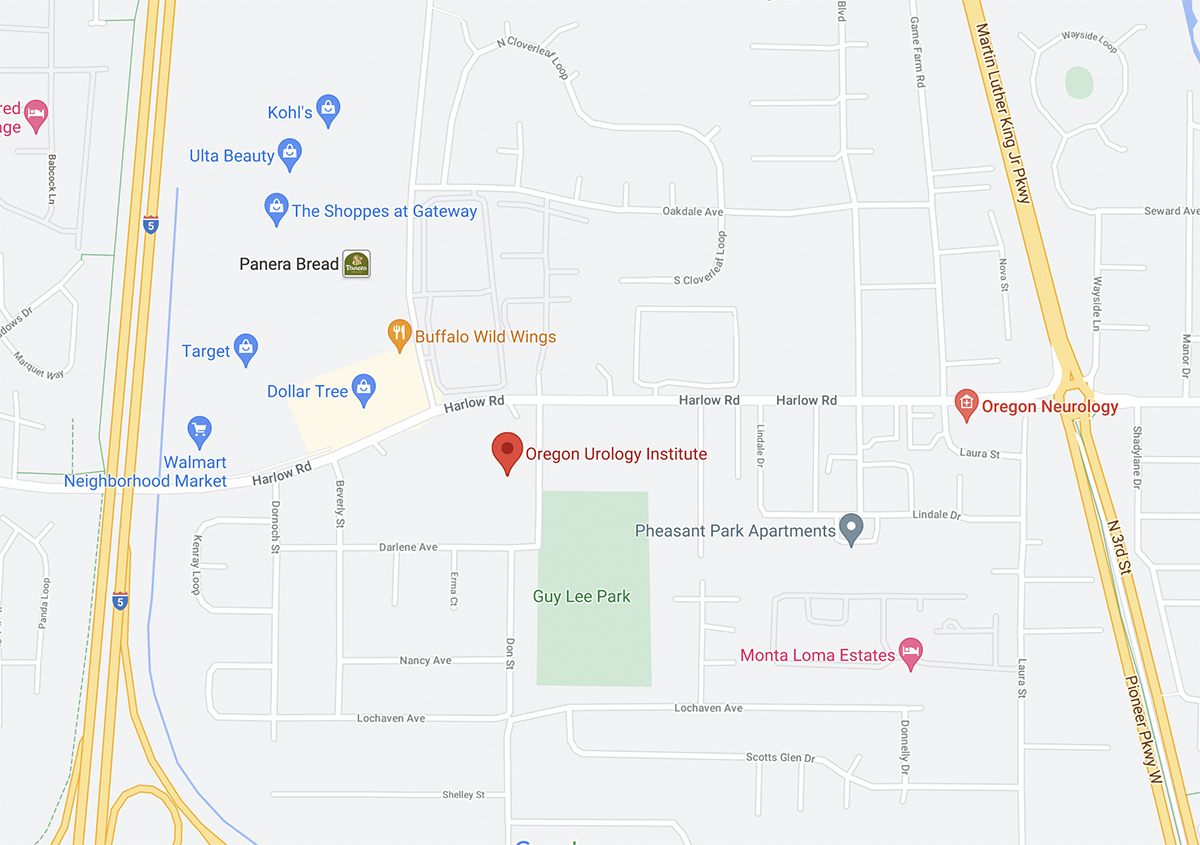KIDNEY CANCER

Your kidneys are two important organs, each about the size of your fist. They are located on either side of your spine, just below your ribcage. These bean-shaped organs filter waste and extra fluid from your blood to produce urine.
This fundamental process helps keep your body’s internal environment stable and healthy by removing toxins and balancing the levels of electrolytes and other substances in your blood.
Kidney cancer, also known as renal cancer, occurs when cells in the kidney grow uncontrollably, forming a mass called a tumor. A cancerous or malignant tumor can spread to other parts of the body, known as metastasis.
This cancer is most common in people aged 65 to 74. The most common type of kidney cancer is called renal cell carcinoma. It makes up about 90-95% of all cases.


WHAT ARE THE SYMPTOMS OF KIDNEY CANCER?
Detecting this type of cancer early can be difficult because there usually aren’t noticeable symptoms.
Initially, the cancer cells are usually small and stay within the kidney, so you might not notice any clear signs. In fact, many cases are found by accident during imaging tests done for other health issues. As kidney cancer grows and progresses, you might experience symptoms such as:
- Persistent pain in the lower back, just below the ribs
- Blood in the urine (hematuria)
- Loss of weight without trying
- Fatigue
- Fever
- Swelling in the ankles and legs
HOW IS KIDNEY CANCER DIAGNOSED?
Diagnosing kidney cancer usually involves a few steps:
A medical history and physical exam
Your doctor will start by asking about your medical history and any symptoms you’ve been experiencing. They’ll also do an exam to check for any physical signs of kidney problems.
Laboratory and imaging tests
Both urine and blood tests can help detect substances and give clues indicating there may be kidney issues or cancer. Imaging tests are also necessary for diagnosing. Common imaging tests include:
- An ultrasound which uses sound waves to create pictures of your kidneys.
- CT scan, which provides detailed cross-sectional kidney views.
- MRI which uses magnets and radio waves to produce detailed structural images.
Biopsy
To diagnose kidney cancer, the doctor will need to take a small sample of kidney tissue to examine it under a microscope. This procedure is called a biopsy. If cancer is present, the type and grade will be determined using the sample.
WHAT IS KIDNEY CANCER STAGING?
If cancer is found, the next step is a process called staging, which involves:
- Measuring the size of the tumor
- Checking if cancer has spread to nearby lymph nodes
- Determining if it has metastasized to other parts of the body
The stage of cancer at diagnosis plays a vital role in the chances of successful treatment. Several factors can influence survival rates, including the cancer’s stage, how the cancer cells look under a microscope (graded from 1 to 4), and your overall health and age. Here are the approximate 5-year survival rates for renal cell carcinoma:
- Stage 1: Around 90%
- Stage 2: Around 65-75%
- Stage 3: Around 40-70%
- Stage 4: Around 10%
Metastatic, or stage 4 kidney cancer, occurs when the cancer has spread to other parts of the body. While it is treatable, it has the lowest survival rate. However, it’s important to remember that each person’s situation is unique, and advancements in treatment continue to improve outcomes.
WHAT ARE THE BEST TREATMENT OPTIONS FOR KIDNEY CANCER?
Treatment for kidney cancer varies based on the stage and severity of the disease.
1. Surgery
Surgery is often the first treatment for this type of cancer, even in its early stages. The goal is to remove the tumor while preserving as much kidney function as possible. The main surgical options include:
- Partial nephrectomy. In this procedure, the surgeon removes only the part of the kidney that contains the tumor. This option is typically preferred for smaller tumors or when preserving kidney function is crucial. It can be done through traditional open surgery or minimally invasive techniques such as laparoscopy or robotic surgery.
- Radical nephrectomy. A radical nephrectomy involves removing the entire kidney along with surrounding tissues, which may include part of the ureter and sometimes the adrenal gland. This procedure is generally recommended for larger tumors or when the cancer has spread within the kidney. Like partial nephrectomy, radical nephrectomy can be performed through open surgery or minimally invasive methods.
Both surgical procedures aim to remove cancerous tissue while minimizing damage to surrounding healthy tissues. The choice between partial and radical nephrectomy depends on various factors, including:
- The size and location of the tumor
- Your overall health
- How your kidney is functioning
Your doctor will discuss the best surgical option for your specific situation.
2. Immunotherapy
Immunotherapy helps boost the immune system’s ability to recognize and attack cancer cells. It is commonly used for advanced cancer.
3. Radiation Therapy
Radiation therapy uses high-energy rays to kill cancer cells. It is typically used to relieve symptoms in advanced kidney cancer or when the cancer has spread to other parts of the body, such as the bones.
4. Chemotherapy
Chemotherapy involves using drugs to kill cancer cells. Although it is less effective for kidney cancer, it may be used when other treatments have failed.
5. Targeted Therapy
Targeted therapy refers to treatment using drugs designed to target specific proteins or genes in cancer cells, preventing the cancer from growing and spreading. It is often used for advanced kidney cancer or when surgery isn’t an option.
If you have been diagnosed with metastatic kidney cancer, treatment often involves multiple lines of therapy, where different treatments are administered in a sequence. This approach aims to control the tumor, alleviate symptoms, reduce side effects, and improve your quality of life.
FAQs
How can I reduce my risk of developing kidney cancer?
While some risk factors for kidney cancer, such as age and family history, cannot be controlled, there are several lifestyle changes you can make to lower your risk, including:
- Quitting smoking
- Maintaining a healthy body weight
- Managing your blood pressure
- Drinking plenty of water
Can kidney cancer be cured?
This type of cancer can often be cured, especially when it is detected early. The chances of a successful outcome are highest when the cancer is found before it has spread beyond the kidney. Early detection is critical because, at this stage, the tumors are usually small and confined to the kidney. This makes it easier to remove them completely through surgery, significantly increasing the chances of a cancer cure!






